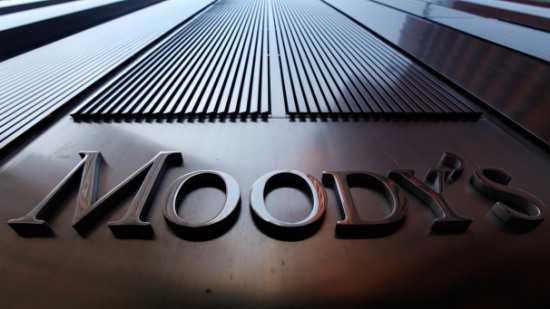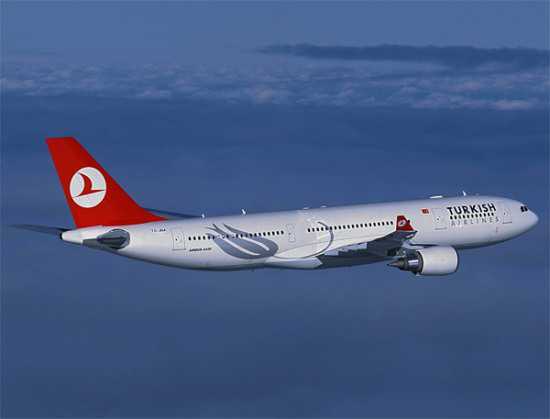Rock formation inspires concept design for disaster prevention and education centre
 Dinkoff Architects and Engineers Inc have recently submitted proposed plans for a new Disaster Prevention and Education Centre in Istanbul, Turkey, entitled Rock-Sette. The building draws heavy design influence from natural geological formations in the region which man turned in to a network of cave dwellings thousands of years ago. These organic forms can be seen throughout the entire building and give what the architects call ‘Modern Abstract Expressionism where sculptural expression takes charge’.
Dinkoff Architects and Engineers Inc have recently submitted proposed plans for a new Disaster Prevention and Education Centre in Istanbul, Turkey, entitled Rock-Sette. The building draws heavy design influence from natural geological formations in the region which man turned in to a network of cave dwellings thousands of years ago. These organic forms can be seen throughout the entire building and give what the architects call ‘Modern Abstract Expressionism where sculptural expression takes charge’.
There were careful considerations made with the circulation and connecting spaces between the building forms, again taking influence from the rock formations, where paths were slowly formed over time from everyday use. The haphazard way in which these paths and caves were formed has been turned into a carefully controlled architectural language by the Dinkoff teams. Movement through the building creates a journey of discovery, through the sculptural forms; views are framed of unique aspects of the surroundings, making each path engaging for the occupants.
The building will have two main blocks at the western and eastern ends of the site; the two will be connected via an impressive glass atrium where the main circulatory elements will pass through. The main body of space in the two ends will house a conference hall and a planetarium, providing the main congregation spaces and other small rooms will act as satellites around the larger spaces. The building is full of programmatic spaces, spanning from a library to a fire fighting training room, providing much diversity in one building.
The complex forms of this building required Dinkoff’s engineering team to carefully select the materials to be used. Using the latest 3D modelling programmes allowed them to turn the complex geometries into a feasible design and informed the material choices. The structural technology and materials used will allow for the potential for the building to be recycled in the future, in an attempt to make the scheme as green as possible. The architects have also designed several environmental systems that help to provide services for the building. Ponds are used to provide purified water as well as cooling the building naturally, and solar panels will provide electricity the entire building’s needs.
Matthew Goodwill
Editorial
via Rock-Sette Disaster Prevention and Education Centre, Editorial, world architecture news, architecture jobs.





